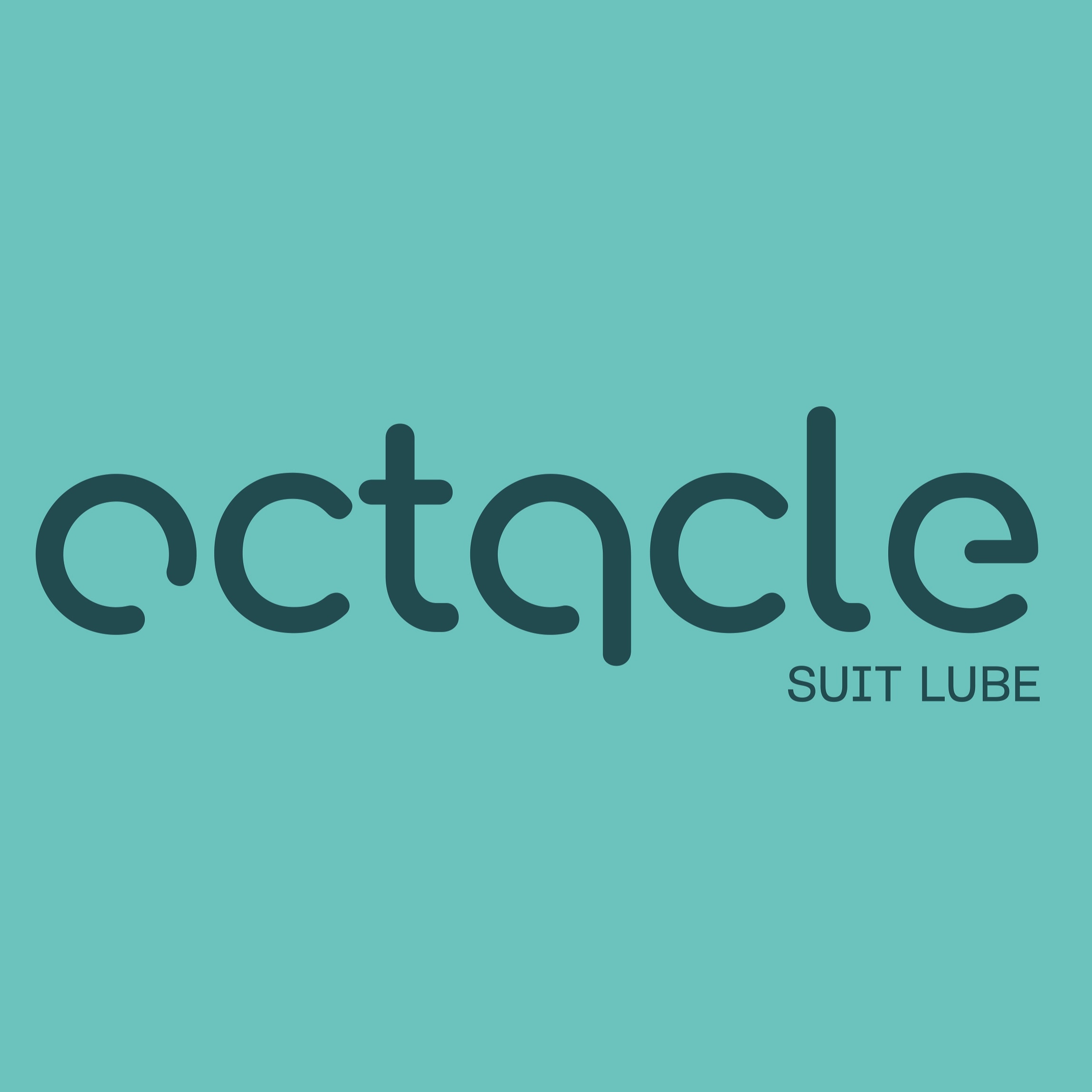Why you should never use detergent to get into your wetsuit
- Kat Greager

- Feb 1, 2023
- 2 min read

Detergents and Wetsuits: Explained
If you are a spearo or a freediver, and an open cell wetsuit wearer, then this blog post is for you.
To get into an open cell wetsuit you need a lubricant (they're not lined like surf wetsuits so don’t go on easily). Up until now, people have used dishwashing liquid, shampoo, and conditioner. hmmm......Here’s why you should never do that again!
Detergents, also known as surfactants, are widely used in household and industrial cleaning products to help break down dirt and grime. However, these same properties that make detergents so effective at cleaning also make them harmful to marine life and the ocean environment. Detergents are not designed for getting into diving and freediving wetsuits.
Detergent is bad for your skin
Those little sore red pimples you get after a dive, are a direct result of a bacterial imbalance caused by your skin's pH being upset; most commonly caused by detergents or conditioners designed for washing, removing grease, and or full of chemicals being on your skin for too long. For those with sensitive skin, things can quickly escalate to dermatitis and trigger eczema. Then comes a bad bacterial build up (there's good and bad bacteria right!). The cycle continues.
Detergents harm the Ocean
One of the main ways that detergents can harm marine life is by breaking down the protective layer of oil or slime that surrounds some marine organisms including fish (and humans by the way- not slimy hopefully). This can leave them vulnerable to drying out and being damaged by the sun's rays or other microorganisms in the sea like mites and lice. Additionally, detergents can also harm the gills of fish and other marine organisms, making it difficult for them to breathe.
Detergents also contribute to the pollution of the ocean. The breakdown of detergents in the ocean creates a foamy, soapy residue. Higher concentrations in some areas lead to the formation of dead zones- areas where there is very little oxygen and marine life cannot survive. To reduce the impact of detergents on the ocean, not only is it important to use eco-friendly cleaning products that are less harmful to the environment but also using less detergent and properly disposing of any excess. This may seem a bit irrelevant to a single person using soap, but every drop counts. Plus, your skin hates it. One thing is absolutely certain- detergents don't belong in the ocean, or left on our skin.
Octacle: The Slippery Seaweed Solution
Another option is using the natural 'Slippy 'ness' of the seaweed we swim through. It's naturally very slippery stuff! It also happens to be good for your skin, and our planet. It doesn't smell, and a little bit goes a very long way.
Add some aloe vera to really take care of your skin and you’ve got a far better option than dishwashing liquid, shampoo or conditioner... It's almost like the ocean has the ultimate solution to assisting your visits underwater.
Octacle is a powder that when added to water and shaken makes a lubricant you can use to get into and then out of your suit. You can choose how thick or thin you prefer it. Just seaweed and aloe vera.
Protect your skin and connect with the ocean with Octacle.





Since buying Octacle, my skin issues have started clearing up. The product is brilliant and works really well. I mix it up the night before so it fully becomes slippery. A little goes a long way. It's great!
awesome blog post thanks Kat! I had no idea that detergents were so bad for the ocean...now that I do i'm going to tell all my diving mates. Think using a natural seaweed is such a good idea too. I love using your product